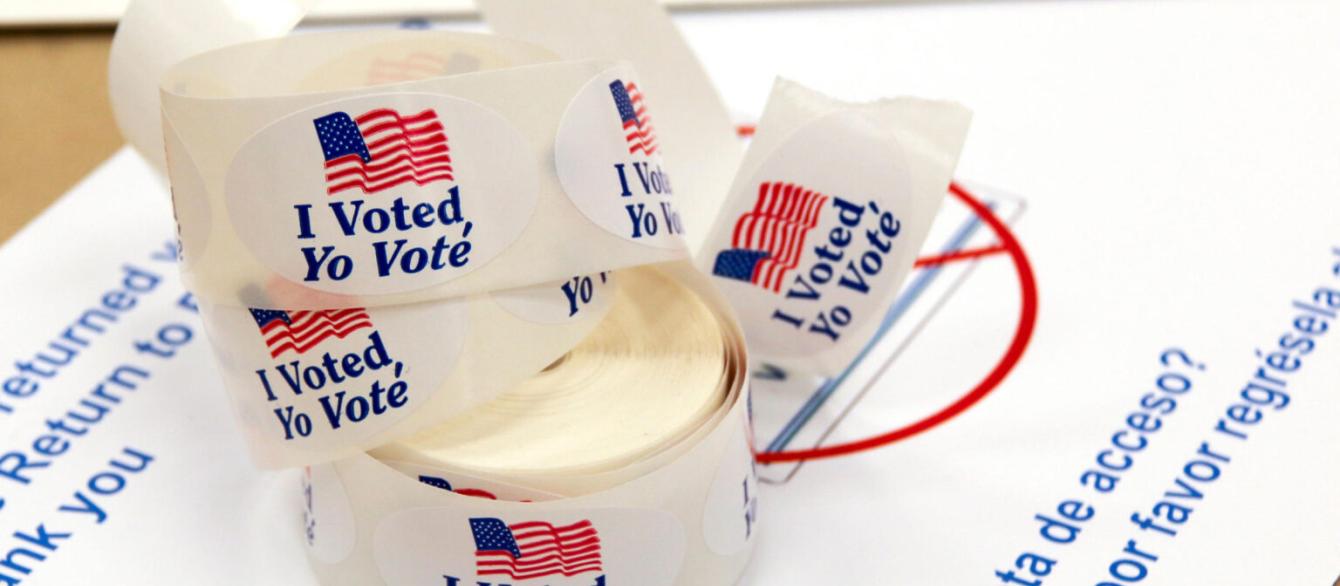After weeks of negotiations between several states, an agreement has been reached. But democratic elections in one key state bring the opposition party to power—which is opposed to the agreement in all forms. The treaty is suddenly in peril. Imagine you are one of the other parties to the treaty: What now? Do you move forward without a key player? Do you drop the agreement and attempt to replace it, maybe with a series of smaller deals? And how could this conundrum have been prevented in the first place?
For the advanced negotiator, making international agreements shock absorbent is a rising concern. After the election of Donald Trump in 2016, the U.S. withdrew from the Paris Agreement, the INF Treaty, the Open Skies Treaty, and the Joint Comprehensive Plan of Action. In all of these instances, states negotiating with the U.S. assumed continuity of policy and adherence to the treaties. In the absence of continuity, uncertainty has emerged, leaving Russia, China, and NATO states alike at the edge of their seats as the U.S. elections approach.
The volatility of policy within democratic states means that negotiating counterparts must build resilient agreements with clauses for fallbacks and steps to renegotiate—should political headwinds substantially shift. Including provisions which oblige high contracting parties to remain bound for periods of time, for example, could serve to withstand the unknowns of election cycles in the U.S. or other states. In addition, committing all parties to renegotiating in good faith before withdrawing from a treaty altogether can increase the sustainability of a deal. An alternative to this could be that negotiators engage in negotiations with different domestic coalitions within democratic states in order to obtain policy assurances. However, governments might not appreciate their credibility being discounted and this step carries certain risks.
The bottom line: Democratic elections and changes in government introduce uncertainty into negotiations. Designing a deal architecture that reinforces the commitments of all parties and creates contingencies for disagreements can prevent the dissolution of agreements.
Building Resilient Negotiations with Democracies

Creative Commons





